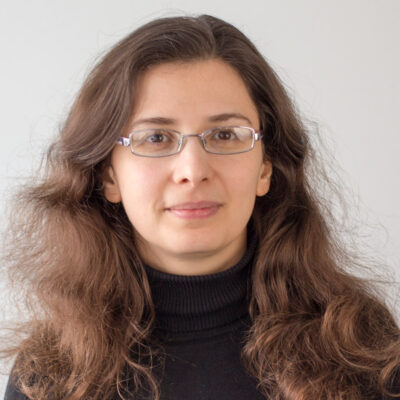SCANNER: A Spatio-temporal Correlation and Neighborhood-based Feature Enrichment for Traffic Prediction
Accurate traffic speed prediction is essential for road safety and effective traffic management. However, this task is challenging due to the complex spatial and temporal interactions. Current traffic speed prediction approaches typically focus on short-term patterns in a close spatial neighborhood and fail to fully exploit the potential of complex and more distant spatial and temporal interactions. In this paper, we propose SCANNER – a novel Spatio-temporal CorrelAtioN and Neighborhood-based feature EnRichment approach for traffic speed prediction. SCANNER explicitly captures the relationship between road segments at different times and brings additional contextual information into the prediction. Our evaluation on two real-world datasets demonstrates a clear and consistent advantage of the SCANNER approach for both short and long-term speed prediction over the state-of-the-art baselines.
- Published in:
SIGSPATIAL '23: Proceedings of the 31st ACM International Conference on Advances in Geographic Information Systems - Type:
Inproceedings - Authors:
Gounoue, Steve; Yu, Ran; Demidova, Elena - Year:
2023 - Source:
https://dl.acm.org/doi/10.1145/3589132.3625653
Citation information
Gounoue, Steve; Yu, Ran; Demidova, Elena: SCANNER: A Spatio-temporal Correlation and Neighborhood-based Feature Enrichment for Traffic Prediction, SIGSPATIAL '23: Proceedings of the 31st ACM International Conference on Advances in Geographic Information Systems, 2023, https://dl.acm.org/doi/10.1145/3589132.3625653, Gounoue.etal.2023a,
@Inproceedings{Gounoue.etal.2023a,
author={Gounoue, Steve; Yu, Ran; Demidova, Elena},
title={SCANNER: A Spatio-temporal Correlation and Neighborhood-based Feature Enrichment for Traffic Prediction},
booktitle={SIGSPATIAL '23: Proceedings of the 31st ACM International Conference on Advances in Geographic Information Systems},
url={https://dl.acm.org/doi/10.1145/3589132.3625653},
year={2023},
abstract={Accurate traffic speed prediction is essential for road safety and effective traffic management. However, this task is challenging due to the complex spatial and temporal interactions. Current traffic speed prediction approaches typically focus on short-term patterns in a close spatial neighborhood and fail to fully exploit the potential of complex and more distant spatial and temporal...}}
